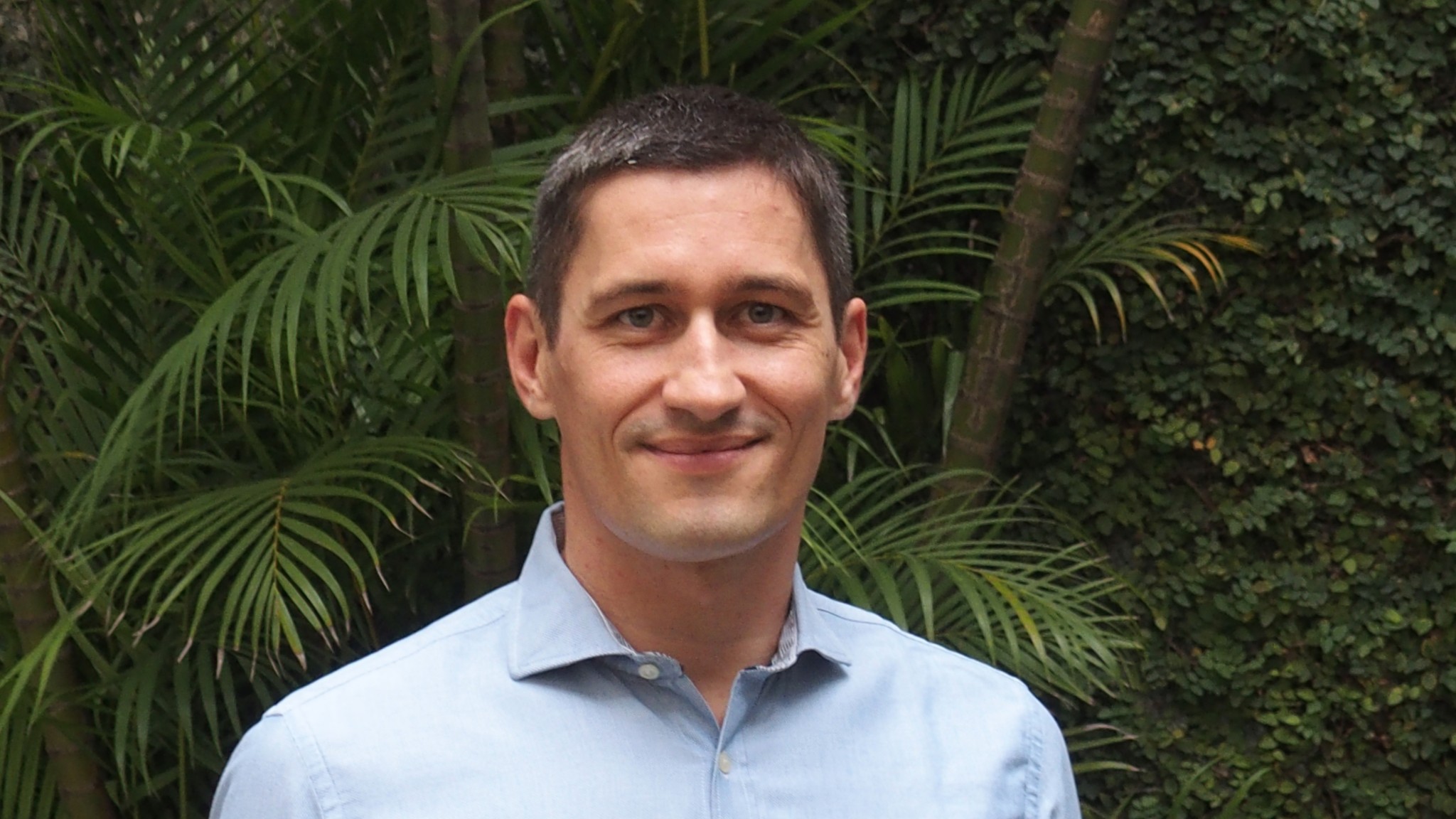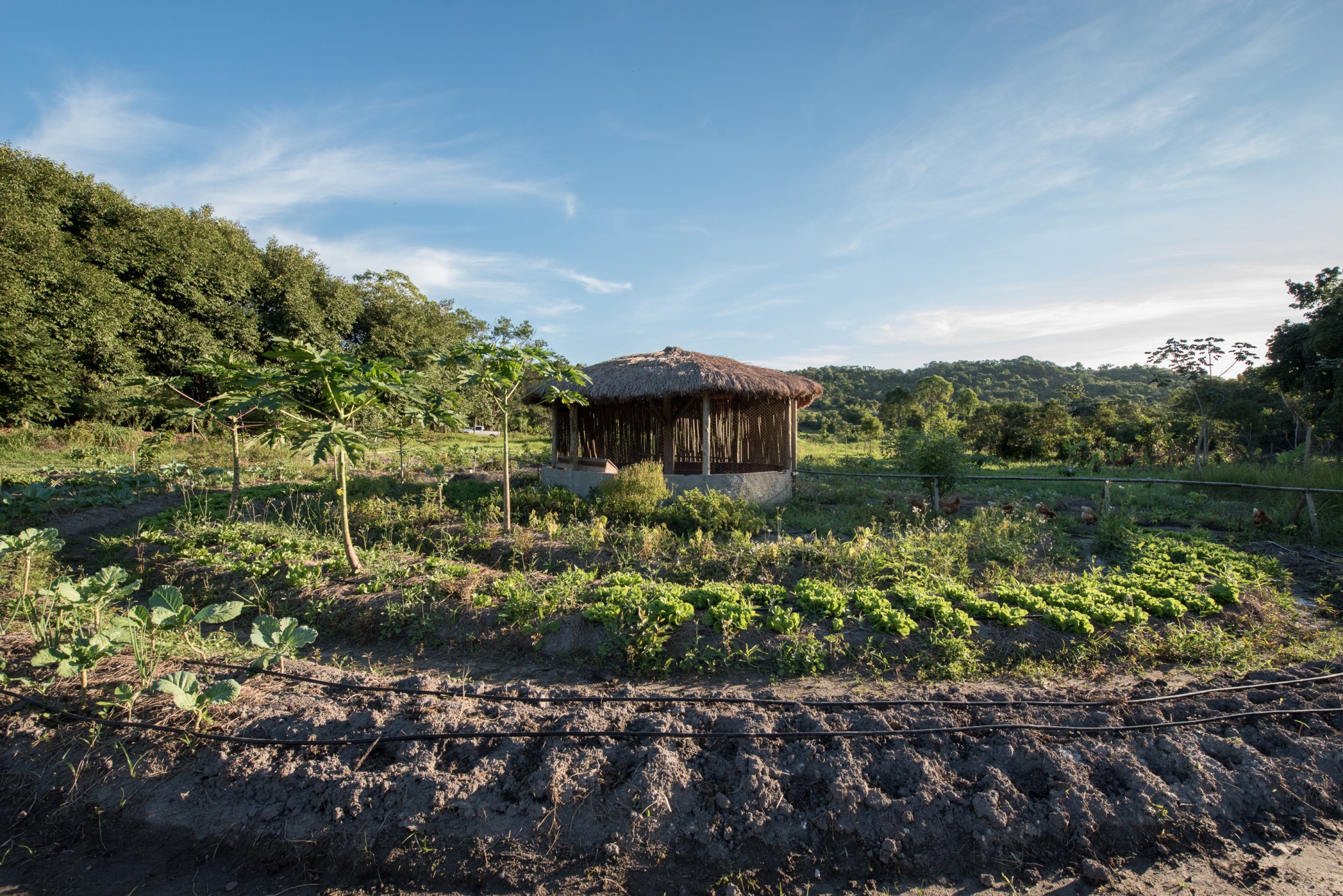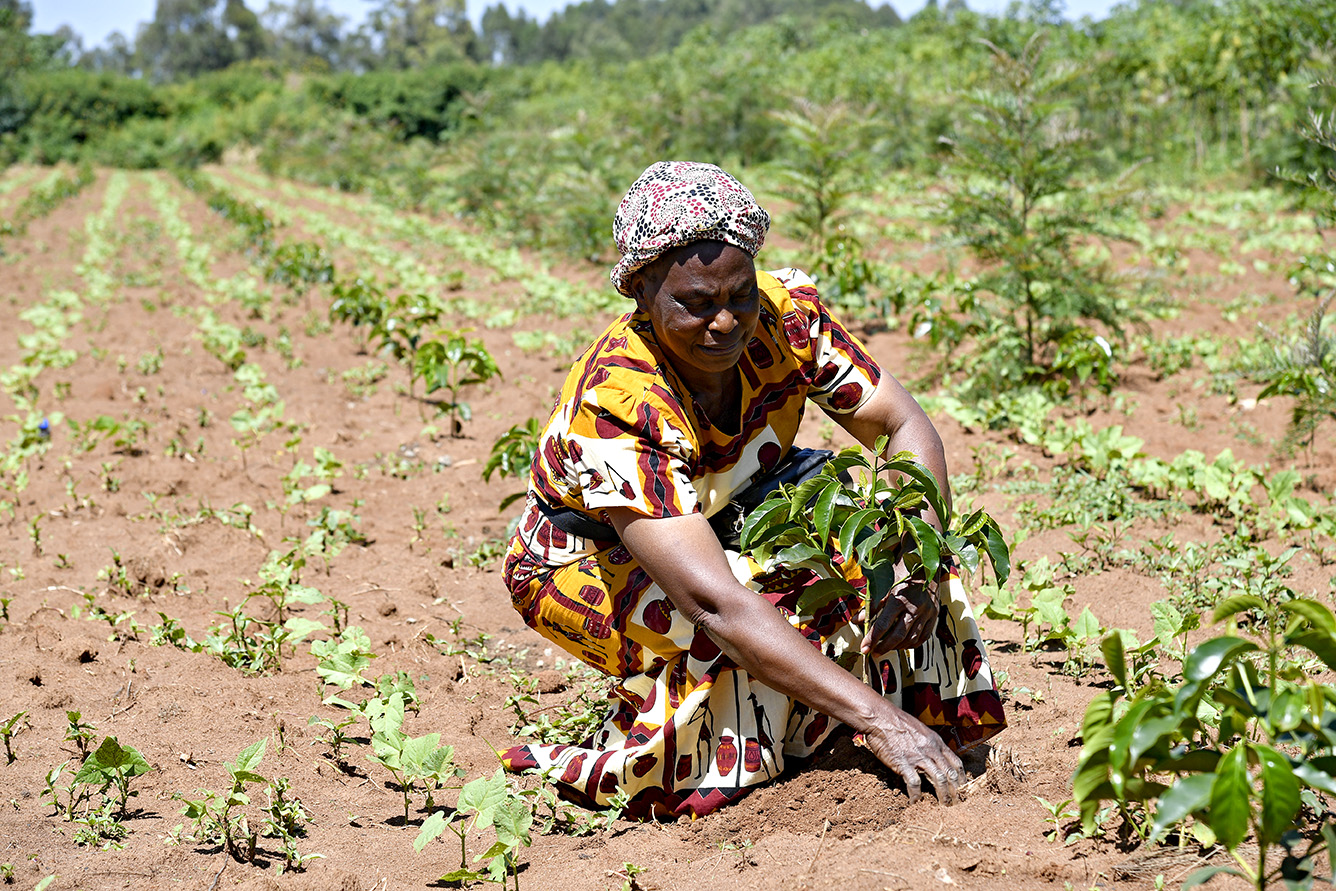Supported by Bonafont, Danone’s brand that operates the bottling factory of Tinguá, 60km from Rio de Janeiro, the Livelihoods Fund for Family Farming and SEBRAE (the Brazilian SMEs development agency) the Livelihoods-Caruanas project enables smallholders farmers located in Tinguá, one of the key water catchments of Rio, to adopt a 100% chemical-free agriculture to preserve the watershed. To succeed, the project will help 250 smallholders in the region adopt a 100% chemical-free agriculture and connect to a rapidly growing urban market. The project relies on an innovative financial model thanks to the coalition of players with complementary interests to combine water preservation, organic farming and higher revenues for the farmers.
Pedro Vasconcellos – Project and Sustainability Manager of Danone Waters Brazil, Stéphane Perrier, Technical & Innovation Director of Livelihoods Venture and Aly Ndyaye, Operations Director of SEBRAE express the promising results of the project, one year after its launch.
Livelihoods-Venture: Pedro Vasconcellos, why is the Livelihoods-Caruanas project important for the continuity of Bonafont’s activities in Rio de Janeiro?
Pedro Vasconcellos: « Tinguá is the newest facility we opened in Brazil to enter Rio de Janeiro’s market, after Sao Paulo. Water is our main asset, therefore ensuring water quality and sustainability is key to our business. What is more, in Brazil, the water we extract is exactly the water we bottle. Having pure natural water is indeed decisive and this is exactly how the project initially started. »
LV: Transform the Tinguá’s smallholders into professional organic farmers is fundamental for the project’s success. What is their feedback to this day?
Pedro Vasconcellos: « We have supported 50 farmers in 2018 and their feedback is very encouraging. This year, we received requests from 72 additional farmers who want to join our training programme.
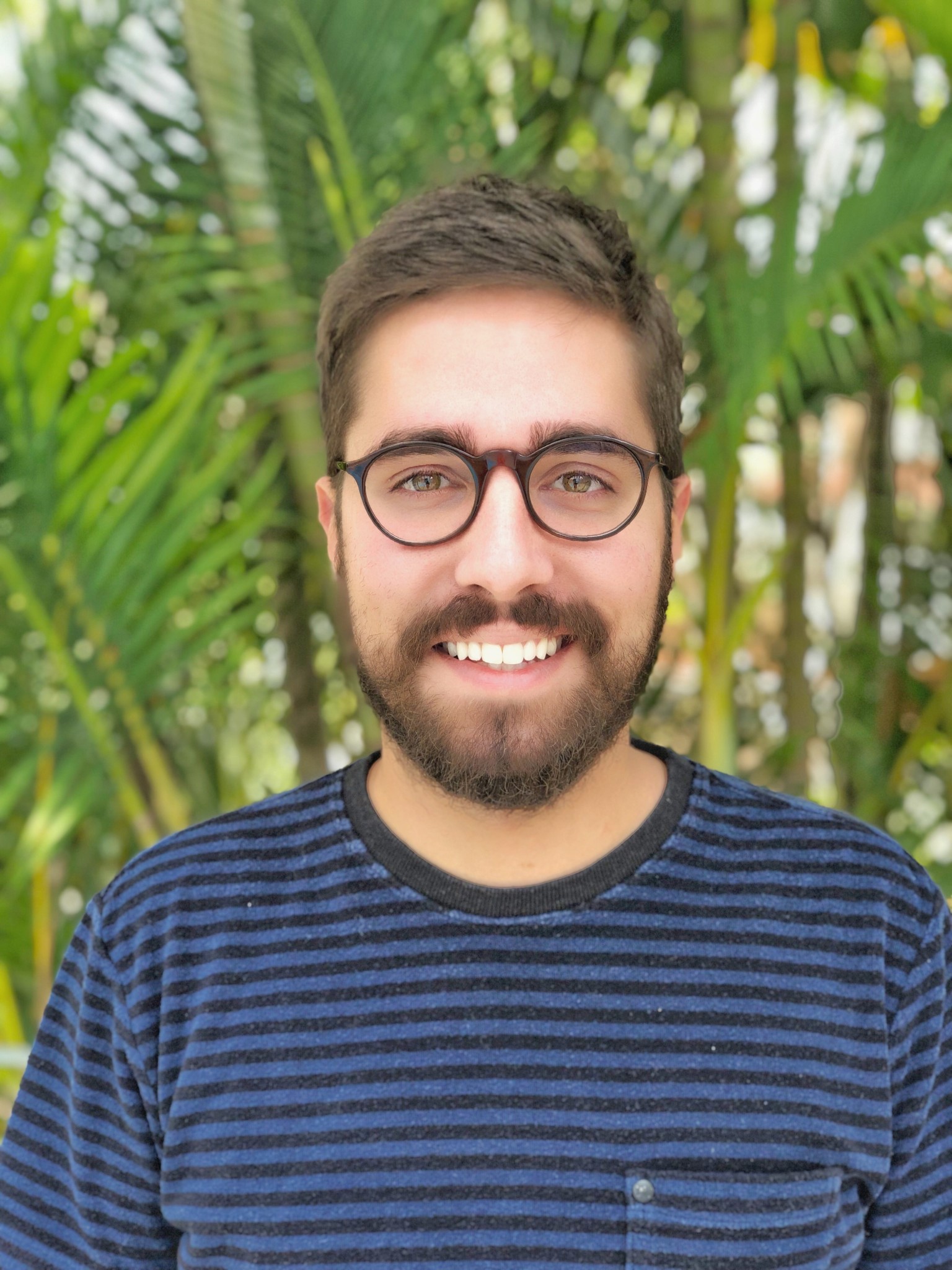
Pedro Vasconcellos, Project & Sustainability Manager, Danone Waters Brazil
Another encouraging indicator is that thanks to the agroecology kits and the training programme the farmers benefit from, they are truly onboard: organic farming has become their full-time occupation.
What is more, they have succeeded in diversifying their production thanks to our technical training and our teams’ support in the field. We help them transit from producing mainly manioc and okra gumbo (a tropical green vegetable that is easy to grow and tastes like eggplant) to producing lettuce and other fruit and vegetables that are in higher demand in Rio de Janeiro. »
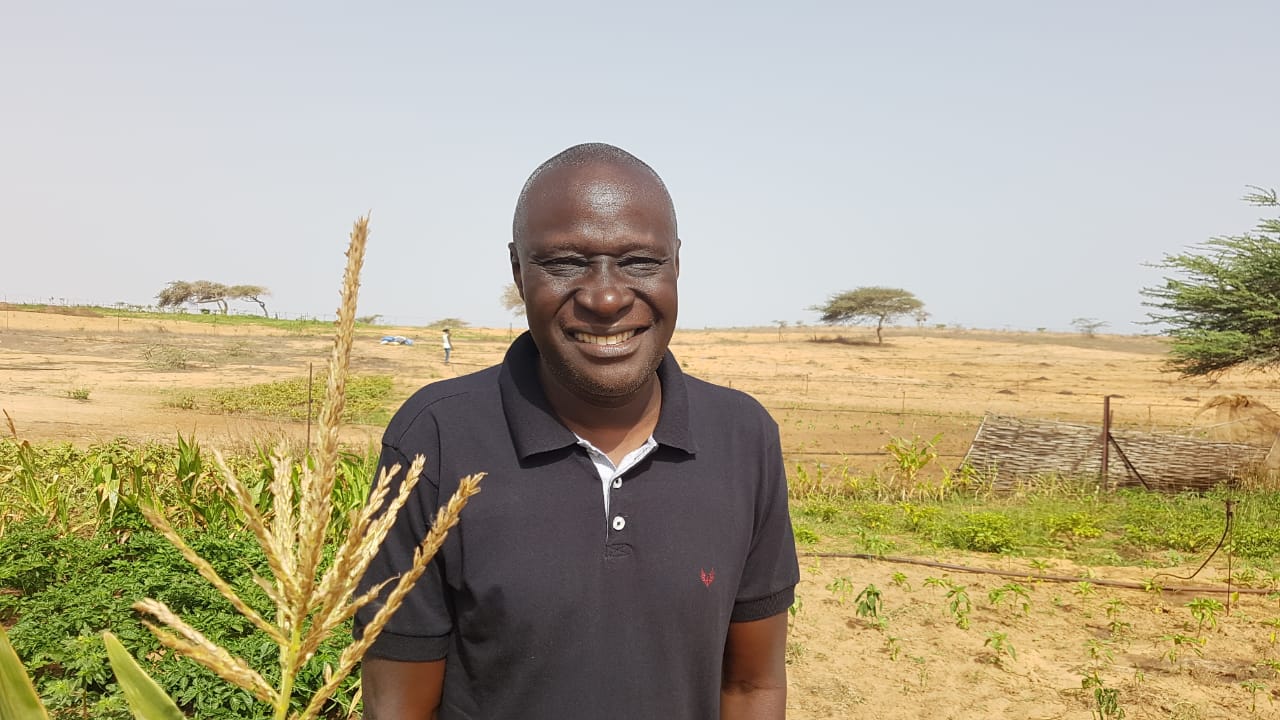
Aly Ndyaye, Director of Operations, SEBRAE
Livelihoods-Venture: Aly Ndyaye, could you explain the marketing strategy you have defined to help the farmers of Tinguá connect to the urban market?
Aly Ndyaye: « The strategy we have deployed since the beginning is to help the farmers choose the distribution channels that are the most adapted to their needs. To this day, there are 4 distinct distribution channels in the city of Rio interested in buying the fruit and vegetables produced by Tinguá’s farmers: schools, markets that sell fruit and vegetables baskets (with a sales capacity of 1, 000 baskets per month), supermarkets and direct sales markets (fare trades for instance).
To increase visibility and help them connect to a wider market, we are currently finalizing the opening of a farmers’ association that will be managed by the farmers themselves. This association will also help them fix sales prices that guarantee both sustainability and profitability.
Annual planification and seasonality are also key to the success of the project. We help the smallholders of Tinguá adapt their productions according to the seasons and climate issues. Our local project teams help them evaluate if the market’s demand meet the soil conditions. »
LV: How does the partnership between Livelihoods and SEBRAE contribute to meet the project goals?
Aly Ndyaye: « Our partnership is very interesting and fruitful because it is complementary. Indeed, at SEBRAE we have already equipped 10, 000 farmers with our agroecology kits to help them succeed their transition to organic farming. Our operational and consulting teams provide them with technical and customised support: we bring knowledge in farm economics, costs management, farm entrepreneurship, sales and negotiation to increase productivity.
At the same time, the Livelihoods Funds support is essential on many levels:
- Secure landscape preservation and increased revenues for the local farmers
- Create the ground for long term group action, thanks to the farmer’s fund. The positive results on the project will create opportunities for collective action thanks to a solidarity mechanism.
- Facilitate project coordination between the different partners and ensure the successful functioning of the programme in the field.
The roles assigned to each player also well-defined and distributed. Together, we managed to identify a well-structured market, we helped the first farmers obtain their organic farming certification by a Brazilian national agency and collect their positive feedback. The beneficiary farmers have clearly expressed their enthusiasm and are willing to cooperate in a spirit of mutual support. They trust us daily, which is very encouraging for the continuity of the project. »
Livelihoods-Venture: Stéphane Perrier, as the Technical and Innovation Director of Livelihoods Venture and have been part of the project since its launch. Could you explain what are its original aspects?
Stéphane Perrier: « We will provide investments over an 8-year period to achieve tangible and sustainable results. Our goal is to initiate a promising dynamic that will last beyond Livelihoods Venture action.
Fruitful communication and proximity among all players are also very important. The partners, including farmers, end-consumers as well as the technical teams are all gathered around an area of 50km. The farmers are all located at around 10km from each other.
What is more is that all smallholders are gathering their efforts to open the association that will help them access a larger distribution market in Rio de Janeiro. This will strengthen mutual support between them and increased visibility. »
Photos: Louis Perrin/ Livelihoods Funds.
Read also:
A kit to make agroecology accessible to smallholder farmers
In the Livelihoods-Caruanas project in Brazil, smallholder farmers are equipped with the agroecology kit designed by the Sebrae. This kit fosters better work organization, water preservation and higher productivity, increasing farmers’ revenues by up to 60%.
Read more
INTERVIEW
“The Livelihoods-Caruanas project is important for the continuity of our business”
Ricardo Vasques, General Director of Danone Waters Brazil explains the motivations of his company for engaging in this project combining water preservation and poverty reduction.
Read more
A new method to measure the link between farmers’ practices, productivity, water resources & carbon
30,000 smallholders in Kenya are implementing a new method to measure to what extent their farming practices have an impact the soil’s health by using carbon as a tracer.
Read more



